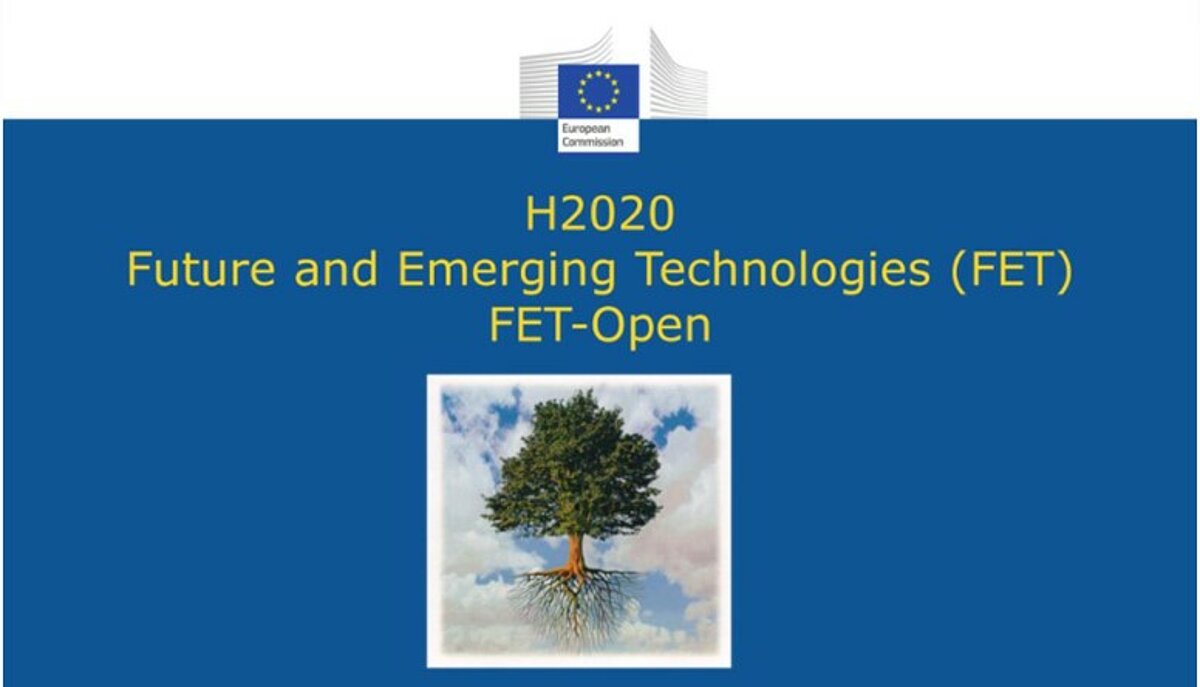
The Institute of Chemical Physics, University of Latvia and ISSP UL will devote the next four years to the research of innovative, unusual and environmentally friendly solutions for the transformation of waste heat into electric energy.
Research and innovation work will take place in the frame of international Horizon 2020 FET Open project "The Recycling of waste heat through the Application of Nanofluidic ChannelS: Advances in the Conversion of Thermal to Electrical energy – TRANSLATE".
Therefore, the main aim of TRANSLATE is to develop a new proof-of-concept nanofluidic platform technology based on the flux of ions in nanochannels; leading to a breakthrough in versatile and sustainable energy harvesting and storage.
Three breakthrough science and technology targets have been identified:
- optimisation of ion movement and ion separation in nanochannels made from Earth-abundant materials,
- the development of a sustainable and efficient heat-to-electrical energy platform and
- the creation of a novel continuous operation energy harvesting power source with a high power/energy density and conversion efficiency.
The consortium of participants of the project: University College Cork from Ireland (project coordinator), University of Latvia, Darmstadt Technical University from Germany and partner company "Cidete Ingenieros Sociedad" from Spain. The main driving force from Latvia in this project are young scientists – doctors of physics Raimonds Meija and Jana Andžāne from Institute of Chemical Physics and Gints Kučinskis, head of the Laboratory of Materials for Energy Harvesting and Storage at ISSP UL.